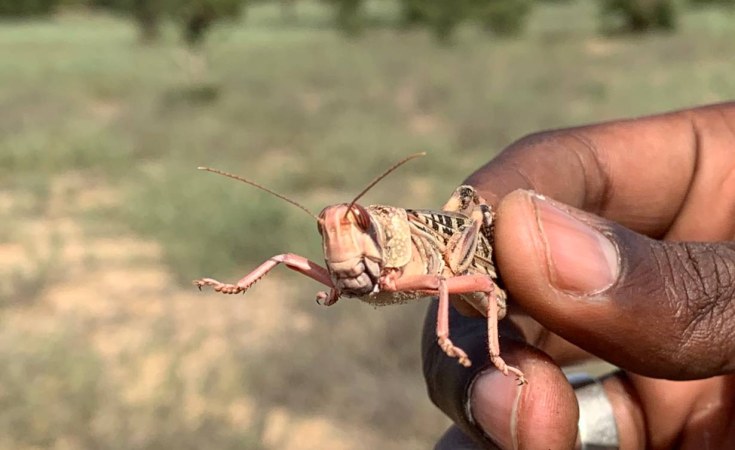Abuja — The year 2022 greeted Nigerian farmers who had so much expectations and hopes and from the onset as rains started in early April, heralding a promise of bountiful harvest.
However, somewhere along the line, its was a year that will go down in history for many farmers as one of the worst years. Their hopes were dashed midway by the devastating impact of the 2022 floods.
The floods came between August and October, wrecked havoc, destroyed their crops worth billions of naira and turned it into "the year of the locust".
The 2022 floods, remain the worst that Nigeria experienced in the last ten years. Over 500,000 hectares of farmlands where estimated to be destroyed.
When I spoke with some of the affected farmers in October, 2022, they expressed pain and agony over loss of their investments and livelihoods with little or no support from the government.
According to the Food and Agriculture Organisation (FAO) of the United Nations, Nigeria must work to build its farmers resilience to the shocks.
FAO deputy director, office of Emergencies and Resilience, Shukri Ahmed, while on a visit to Nigeria in October, said the support in the end, is to make a difference in the life of those that are in the rural areas, mostly neglected smallholder farmers, as he described the situation as a trying time.
Although in 2022 , President Muhammadu Buhari signed the National Agricultural Development Fund (NADF), Bill into law to provide additional source of funding for the agricultural sector, apart from budgetary allocation which currently stands at N228.4 billion representing 1.11 per cent of the 2023 budget.
However, experts believe that for a robust and viable agricultural sector, African countries must adhere to the Maputo Declaration that mandates member countries to devote its 10 per cent of annual budgets to fund the agricultural sector.
Another major event that shaped year 2022 in the agricultural sector, was the persistent rise in food inflation. For the first time in 17 years Nigeria's headline inflation driven by soaring food prices, hit a record high of 21.09 per cent according to the National Bureau of Statistics(NBS).
This persistent rise in inflation has worsen the economy and undermined some laudable achievements in the agricultural sector.
Similarly, in November, 2022, the Food and Agriculture Organisation (FAO), projected that about 25.3 million Nigerians across 26 states and the Federal Capital Territory (FCT), may face acute food and nutrition insecurity between June and August 2023.
Another major development was the launch of the National Animal Identification and Traceability System (NAITS), for the first time in Nigeria to support livestock owners to identify their animals, curb livestock rustling and facilitate interventions in the livestock sector.


